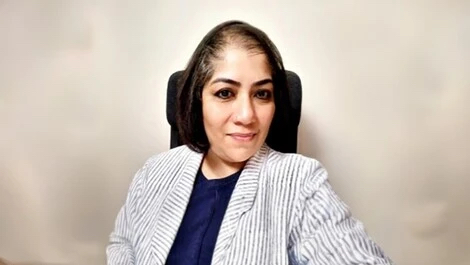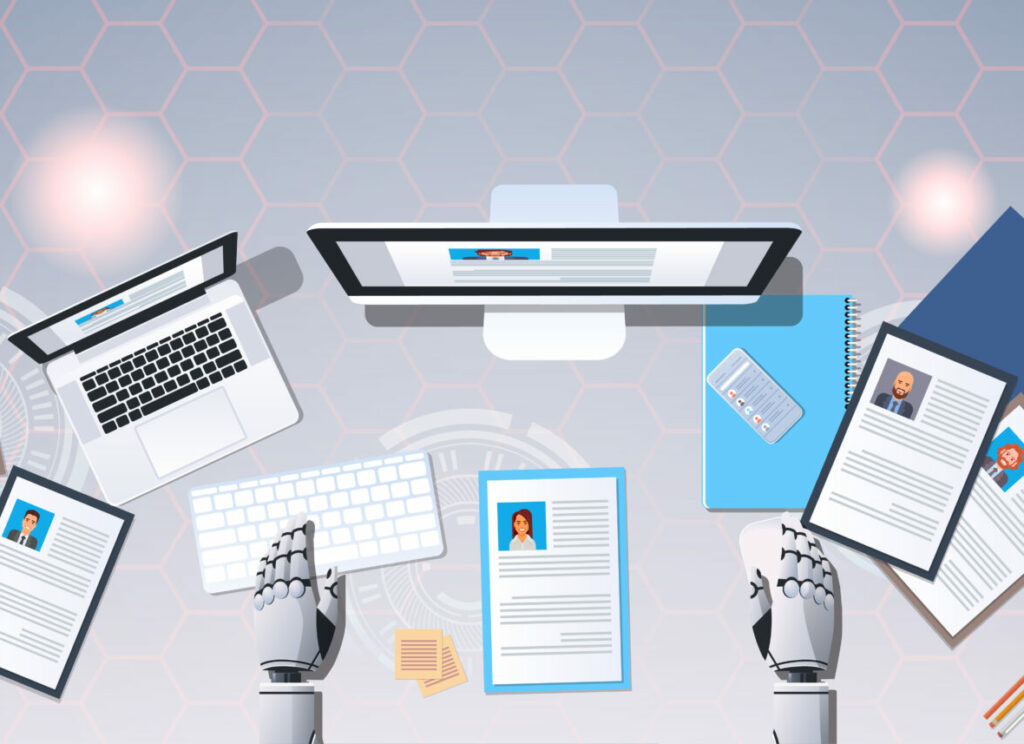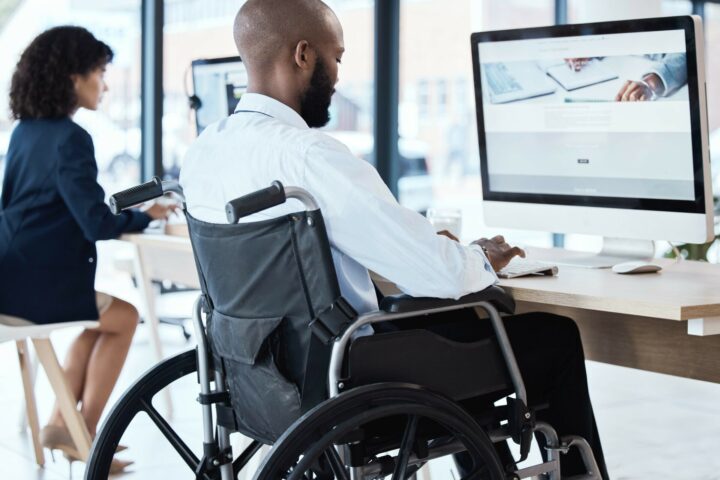This Mental Health Awareness Week, we’re being asked to think about the power of community – and for many of us, our most consistent, everyday community is the workplace.
It’s also where mental health is under the most pressure. For employees navigating stress, burnout, or isolation, the people around them – managers, peers, teams – can make a huge difference. Yet too often, workplace mental health support still starts and ends with a benefits list that employees barely engage with.
At Wysa, we’ve supported more than siz million users across 95 countries, and one trend is clear: when people feel psychologically safe and emotionally connected at work, their mental health improves. But to get there, we need to rethink what community and support actually look like inside organisations – and how tech can help create environments where people feel seen and supported.
The missing layer between benefits and belonging
Most employers now offer some kind of mental health support, whether it’s an EAP, counselling, or self-guided tools. But uptake can be surprisingly low: too many employees either don’t know what’s available, don’t feel safe enough to ask for help, or don’t see how these options relate to their day-to-day work experience.
This is where digital platforms can play a powerful role in connecting the dots.
AI support can act as the bridge between the individual and the wider workplace community. At Wysa, we see users open up to our anonymised platform about challenges they haven’t shared with anyone else – not even their manager or HR. That first step can be the difference between struggling alone and feeling supported.
The best results happen when these tools sit within a workplace culture where connection and openness are already encouraged.
Community means psychological safety
The strongest workplace communities are psychologically safe. That doesn’t mean everyone agrees all the time. It means people feel comfortable being honest, asking for help, and showing vulnerability without fear of judgement.
But safety isn’t automatic; it has to be built. Ipsos Karian & Box’s Safety in Numbers report shows that only around half of UK employees feel able to speak up or make mistakes without negative consequences. Without that basic sense of safety, even the most comprehensive benefits programme will fall flat.
That’s why support has to happen on two levels: cultural and operational.
AI can support community, not replace it
There’s a misconception that AI and mental health are at odds with each other. But in reality, AI tools can strengthen the community aspect of workplace wellbeing – by making support constant, private, and judgment-free.
For example, an employee might use Wysa’s AI coach at 11pm to talk through a difficult situation rather than waiting days to speak with HR. They might get signposted to live counselling only once they’re ready. Their anonymous usage data might then highlight themes the HR team wouldn’t otherwise see – like a drop in mood among a particular department or spike in stress around project deadlines.
This insight allows employers to respond faster, offer more relevant support, and spot where a sense of community may be breaking down.
Practical takeaways for HR teams
If you’re reviewing your workplace wellbeing approach during Mental Health Awareness Week, here are four steps to create a community culture – supported by digital tools, not replaced by them:
1. Normalise everyday conversations about mental health. Psychological safety grows when managers ask, “How are you really doing?” and mean it.
2. Use anonymous digital tools as a first line of support. Not everyone will go to HR or use a formal service. Private, judgment-free options encourage early intervention.
3. Use insight to adapt your culture. Digital platforms can surface themes around burnout, isolation, or team stress so you can respond before issues escalate.
4. Train leaders to build connection, not just resilience. Managers don’t need to be therapists, but they do need to know how to listen, empathise, and support without judgement.
We know community is protective. But it doesn’t build itself. By combining psychologically safe cultures with accessible support, we can make work a place where people not only perform, but belong.
Smriti Joshi is chief of clinical services at Wysa
















